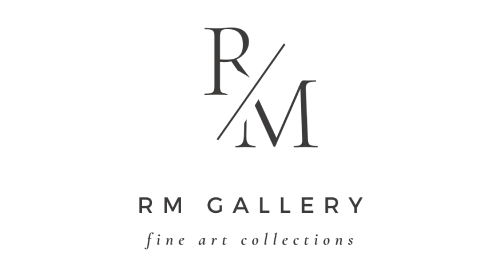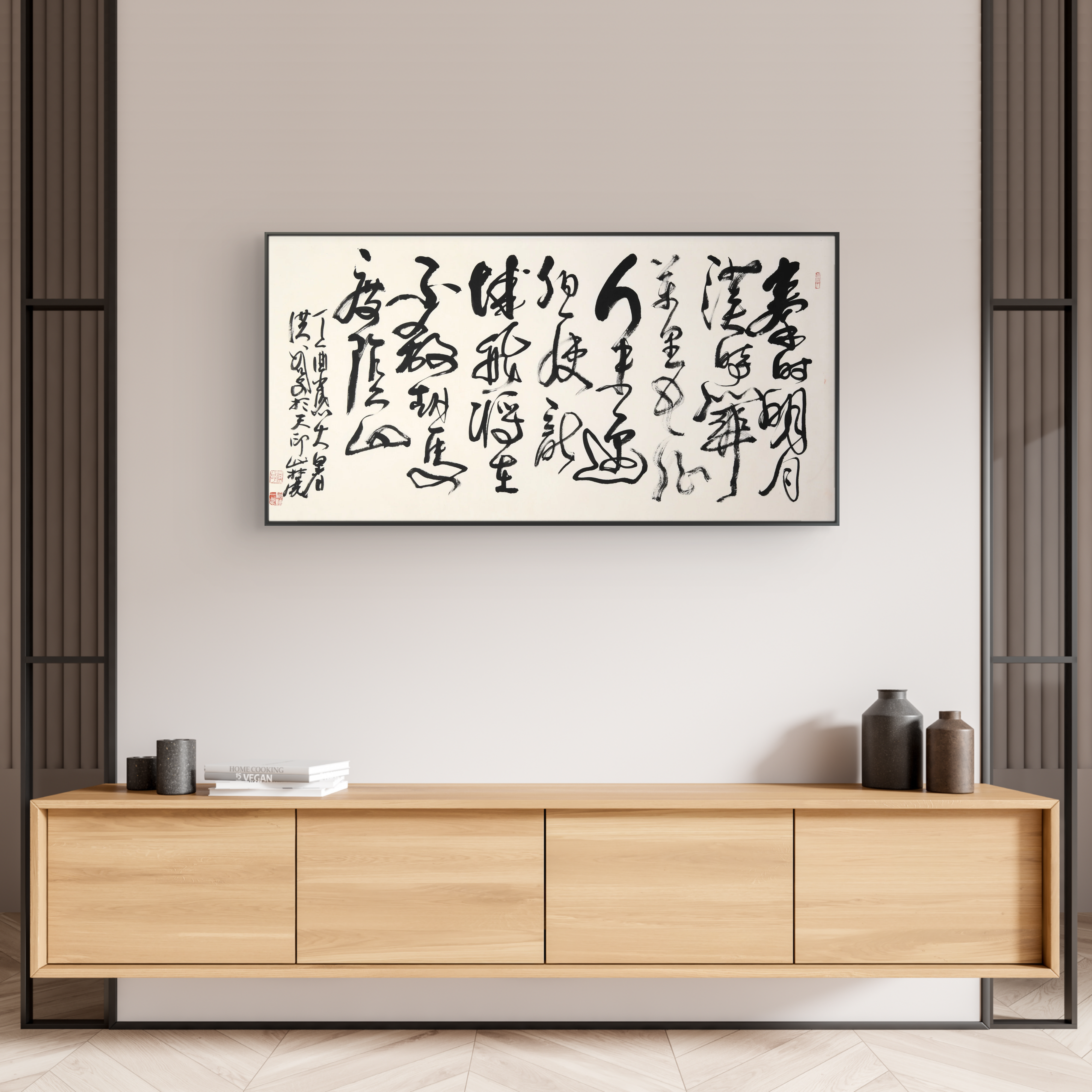
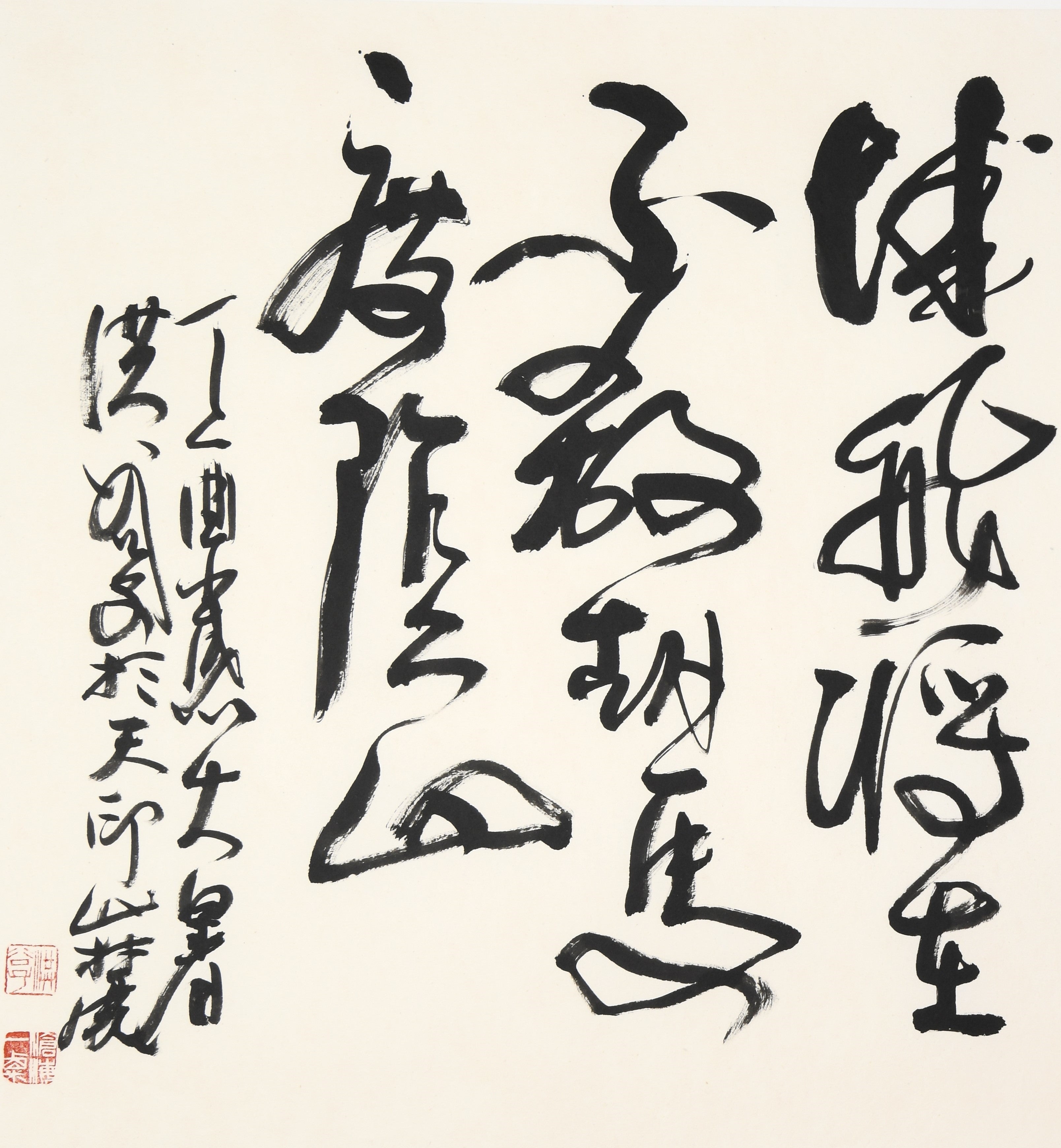
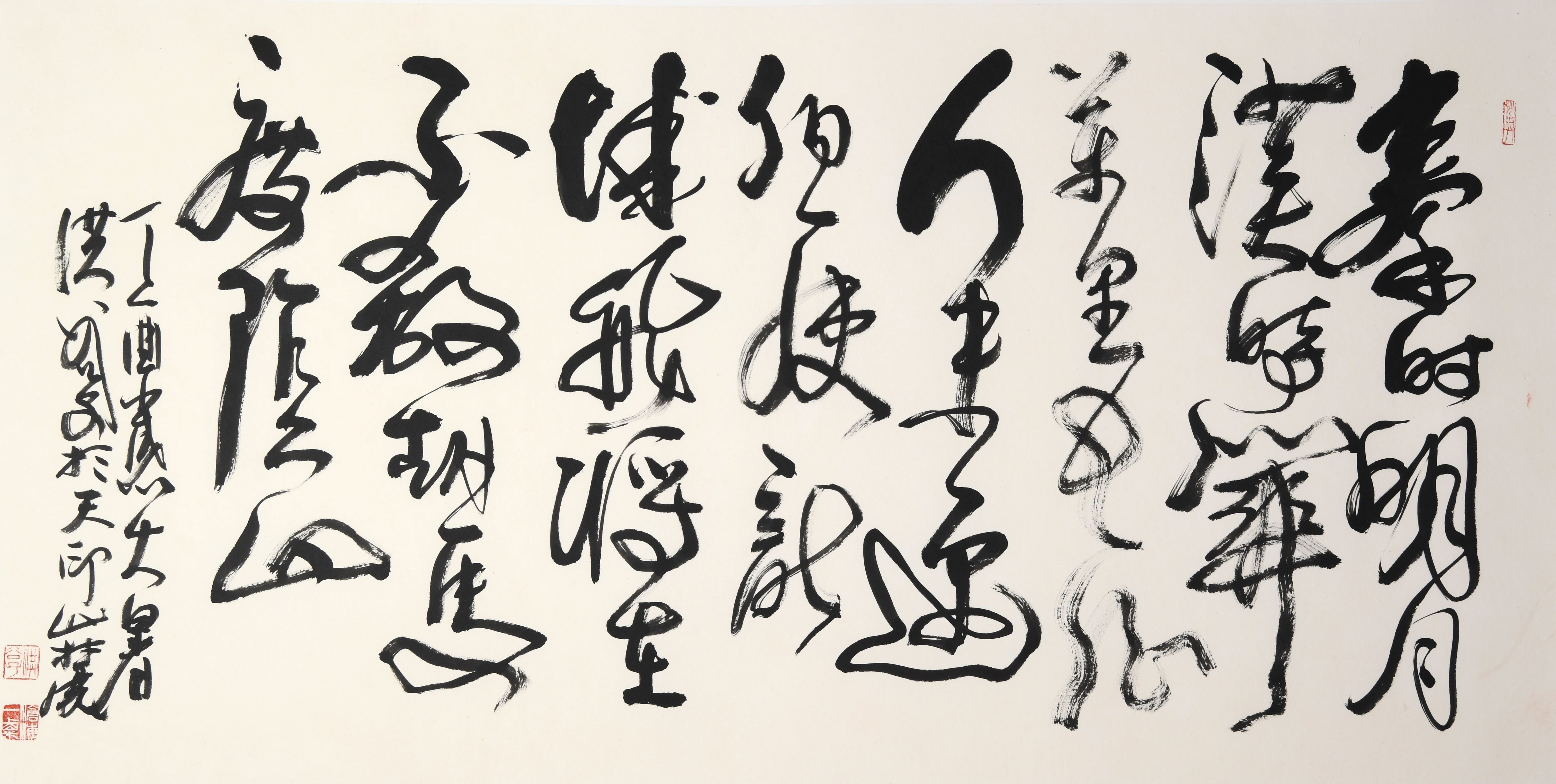
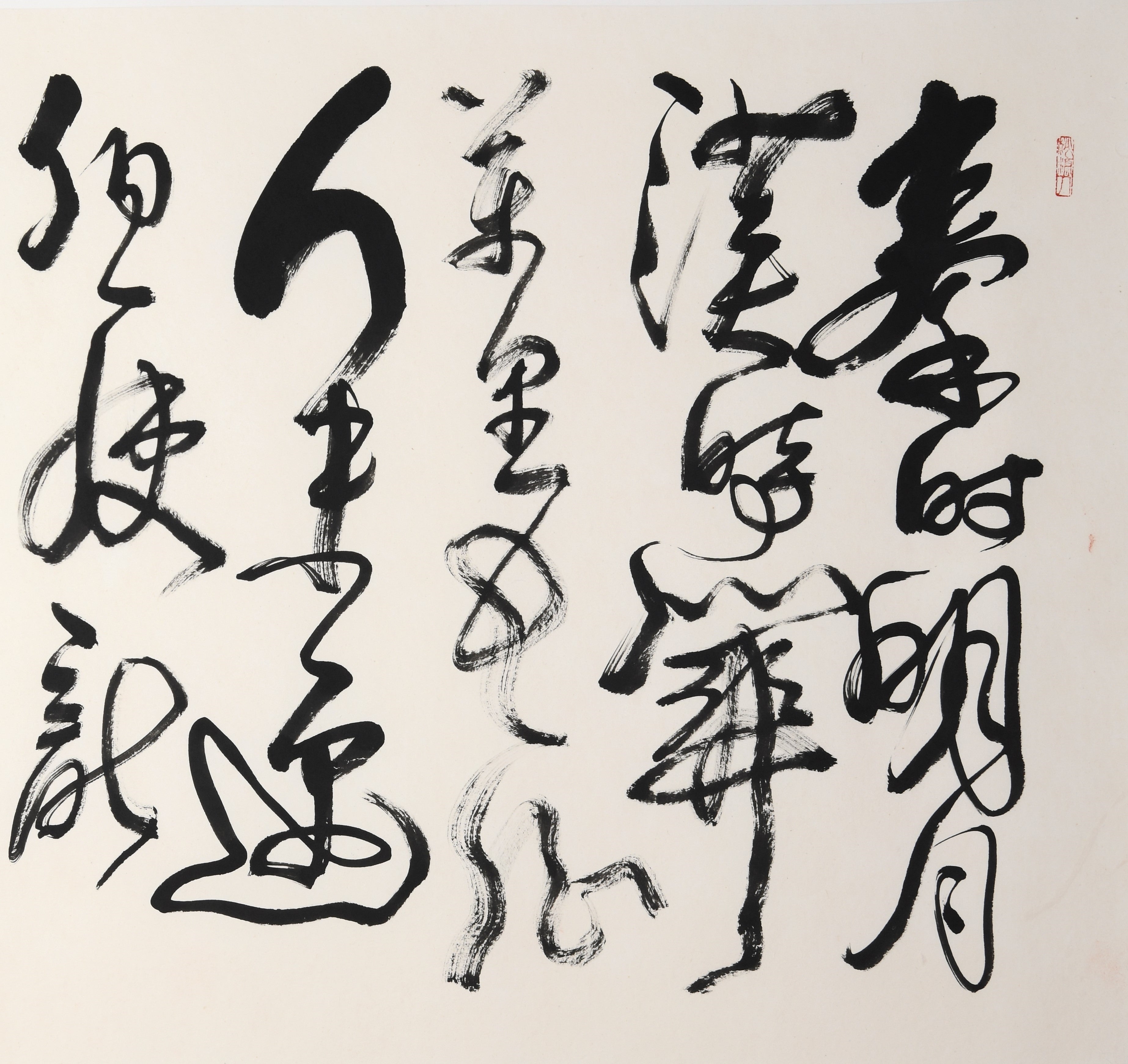
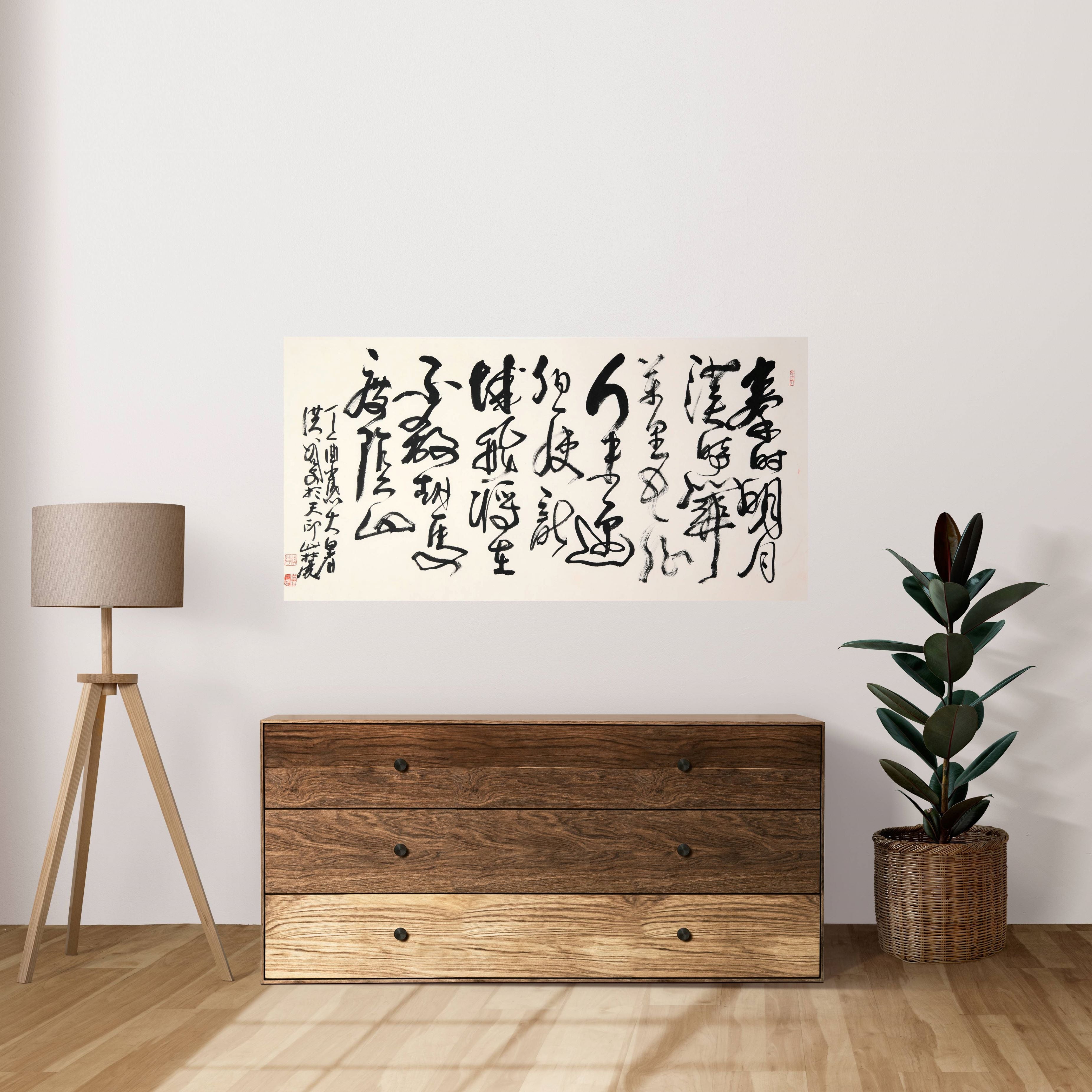
You're right! Here's the corrected version: "Beyond the Frontier" by Wang Changling – Elegant Chinese Calligraphy in Fluid Cursive, Masterfully Crafted, Authentically Signed & Sealed by Renowned Artist Hong Guzi
SHIPPING AND RETURNS
- Dellvery Tlme: Typically 5-7 business days
- Returns: 14 day return policy
- Dellvery Cost: Global Free Shipping
Artist
Hong Guzi
- Nationally renown artist, professional painter of Jiangsu
- Provincial Art MuseumHonorary President of Chinese Painting and Calligraphy Research Institute
- Director of China Art Network
- Director of Beijing International Friendly Contact Association
- Art Consultant of Yan Zhenqing Academy of Painting and Calligraphy
- Signed Painter of Pauli Gallery in Switzerland, Honorary Professor of Singapore Academy of Art
- Former Secretary General of Jiangsu Young Artists Association
Immersed in the world of art from his formative years, Hong Guzi honed his skills under the tutelage of the renowned Chinese painters, Liu Haisu and Yaming. In 1971, his artistic journey reached new heights, with his participation in prestigious events such as the Nanjing Art Exhibition, Jiangsu Provincial Art Exhibition, and National Art Exhibition. His exceptional talent did not go unnoticed, garnering accolades that include the Excellence Award at the "Advance China Youth Art Exhibition", the Gold Award at the "Calligraphy and Painting Exhibition across the Taiwan Strait", the Excellence Award at both "The 10th International Art Exhibition in the United States" and the "Canada International Maple Leaf Exhibition", and the Excellence Award at the "Exhibition of Representative Japanese and Chinese Ink Painting Artists".
Such remarkable achievements earned him the esteemed title of World Bronze Medal Artist. His unrivaled mastery in painting also caught the attention of notable figures, leading to invitations to create exclusive artworks for prominent venues, including Beijing's Zhongnanhai, the Great Hall of the People, the Diaoyutai State Guesthouse, the Office of the Prime Minister, the Taiwan Office of the State Council, and for Nobori Takeshita, the former Prime Minister of Japan.
In showcasing the works of this illustrious Chinese artist, our gallery seeks to highlight the beauty and depth of Chinese artistry and to celebrate its impact on the international art stage.
Artwork:
出塞 - "Leaving the Frontier"
In the Qin Dynasty, under the bright moon of the Han,
Poetry Analysis:
In the first two lines, the poem references two distinct historical periods: the Qin Dynasty and the Han Dynasty. This choice of historical references creates a sense of continuity and timelessness, suggesting that the challenges of guarding the frontier and the sacrifices made by soldiers have persisted throughout history.
The heart of the poem lies in the final two lines. "But if the Dragon City's beacon should fly" refers to the idea that if a signal beacon from the Dragon City (a symbol of safety and civilization) were to shine brightly, it would signify that the border is secure. The poet expresses the hope that the beacon will fly, indicating a victorious defense against invaders.
The poem concludes with a resolute determination: "No way shall we let the barbarian horses cross the Yin Mountains." This line underscores the poet's commitment to defending the frontier and preventing any incursion by "barbarian" forces. The Yin Mountains were a natural barrier, and keeping the enemy from crossing them was of great strategic importance.
In "出塞," Li Bai skillfully blends history, landscape, and the emotions of duty and longing. The poem pays tribute to the valor of the soldiers guarding the frontier and conveys the enduring commitment to protect China's borders from external threats
Choose options





